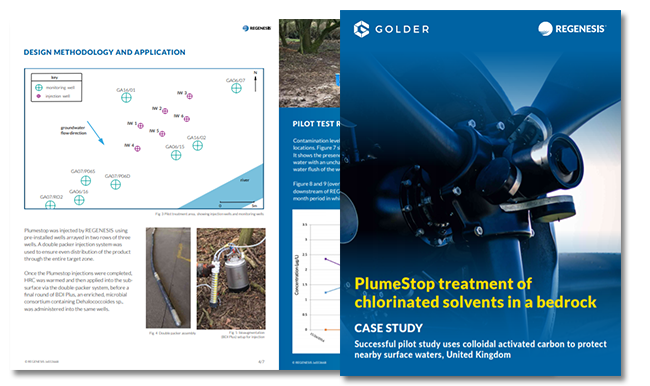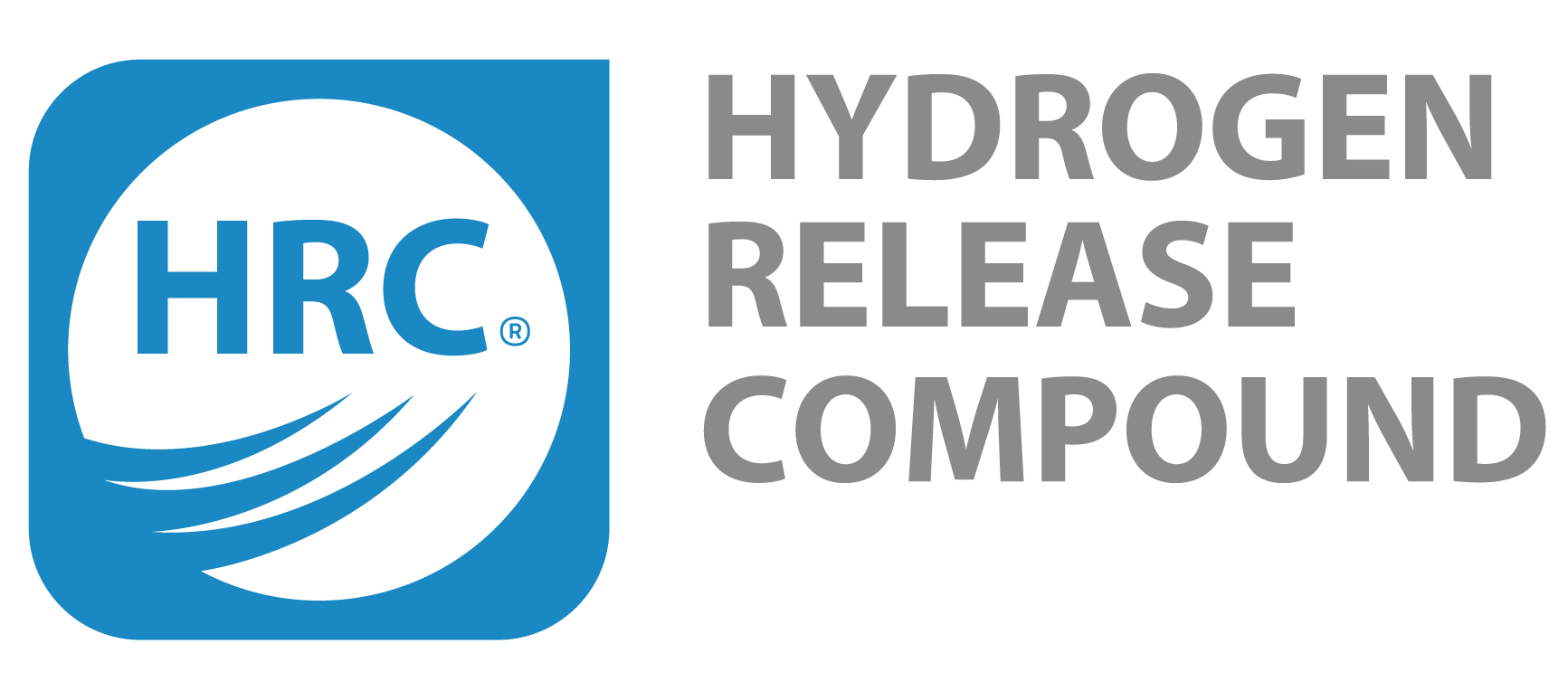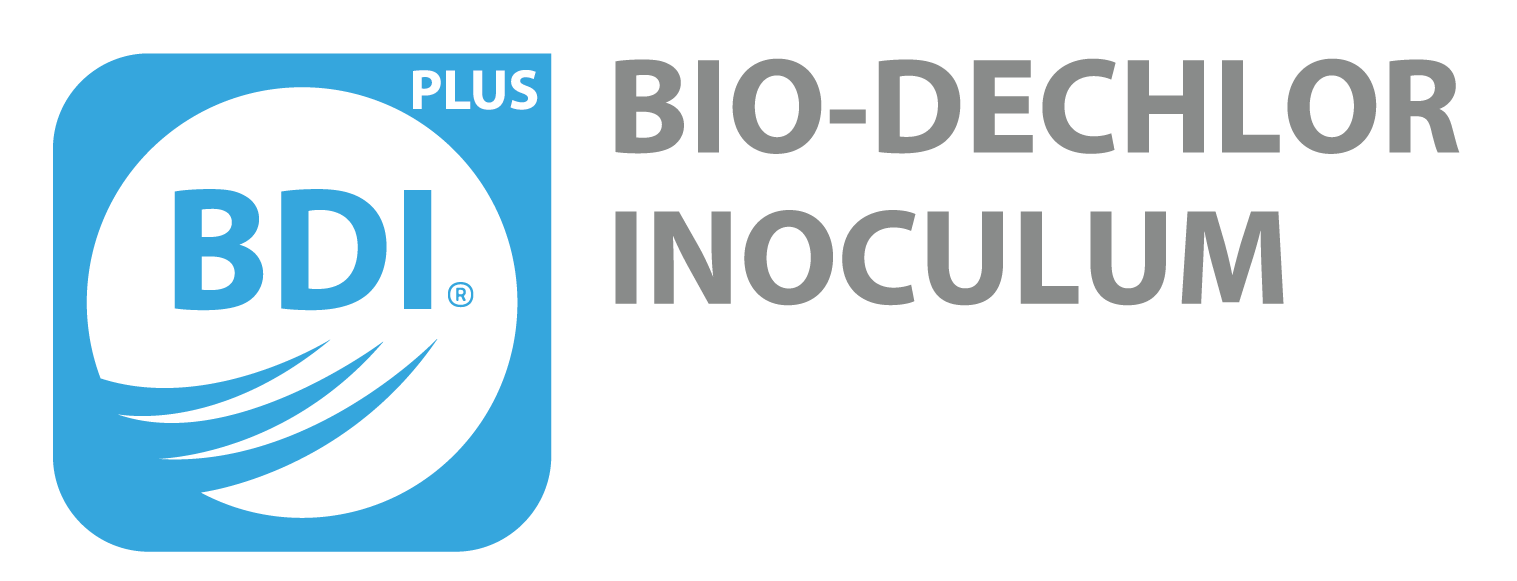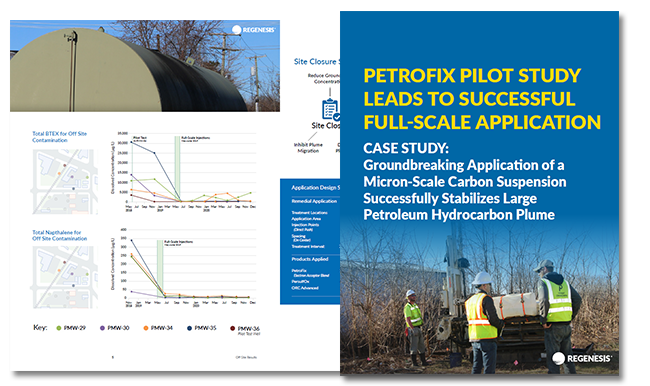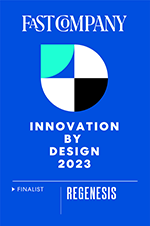January 2021 Newsletter
Client Spotlight: Emma McAnaw
Emma McAnaw is a Senior Hydrogeologist and experienced Project Manager at Golder, a global consulting and engineering firm. Emma’s international experience spans the manufacturing, waste, mining, power and infrastructure sectors. Based out of the UK, working at Golder has taken her to sites all over the UK, as well as Colombia, Bulgaria, Greece, and Gibraltar. As Project Manager, Emma enjoys seeing all the moving parts of a project coming together. At the same time, she also still likes being “hands-on” with the site investigation and remediation work which comes with managing junior staff. Learn more in our client spotlight.
Subscribe To Our Monthly Newsletters
PlumeStop Effectively Treats Chlorinated Solvents in Bedrock at UK Site
This case study reviews the site of a chlorinated solvent spill where REGENESIS was asked to provide a remediation solution for a Trichloroethylene (TCE) plume in the UK. The technical services team at REGENESIS worked closely with Golder to design and implement a novel solution that combined Plumestop, HRC and BDI+ to sorb and biologically degrade the contamination, rapidly and effectively reducing contamination downstream to nondetectable levels. The PlumeStop in situ permeable reactive barrier rapidly reduced downgradient contaminant concentrations and maintained these through a combination of sorption and biological degradation, protecting the adjacent surface water receptor.
Turn Polluted Aquifers into Purifying Filters with PlumeStop
Low-cost Bioremediation of Chlorinated Solvents
HRC is an engineered, hydrogen release compound designed specifically for enhanced, in situ anaerobic bioremediation of chlorinated compounds in groundwater or highly saturated soils. HRC enables enhanced anaerobic biodegradation by adding hydrogen (an electron donor) to groundwater and/or soil to increase the number and vitality of indigenous microorganisms able to perform the naturally occurring process of enhanced reductive dechlorination. Due to its capability of being applied via permanent wells, direct-push, and excavations, this reagent allows for clean, low-cost, non-disruptive application.
Accelerated Treatment of Intermediate Compounds
BDI Plus is designed to provide rapid, effective treatment of undesirable anaerobic dechlorination intermediate compounds such as dichloroethene (DCE) and vinyl chloride (VC), and is a low-cost means of enhancing the anaerobic biodegradation process. Once in place, this microbial consortium accelerates the rate of chlorinated contaminant degradation from parent compounds to intermediates like DCE and VC and completely through to harmless end products such as ethene and ethane. It is highly compatible with a range of electron donors.
Successful Pilot Study On Former Bulk Storage Site
This case study reviews a full-scale PetroFix remediation program that was designed and implemented at seven locations to treat petroleum hydrocarbons (PHCs) following a successful field pilot test. Two post-injection groundwater sampling events were completed in June and September 2019. In December 2019, a supplemental PetroFix injection was completed in the PHC source area onsite following the PersulfOx and ORC-A pretreatment step and groundwater equilibration. Working with REGENESIS, the environmental consulting firm Patriot Engineering developed a site closure strategy that included reducing groundwater concentrations, inhibiting plume migration, and demonstrating plume stability site-wide.
Apply Activated Carbon Under Low Pressure to Treat Petroleum Hydrocarbons
Questions?
REGENESIS has remediation experts based worldwide to assist you in your brownfield site cleanup. As the technology leader in advanced bioremediation solutions, we can help ensure success on your next remediation project. Use the map on our website to find your regional REGENESIS contact today.



